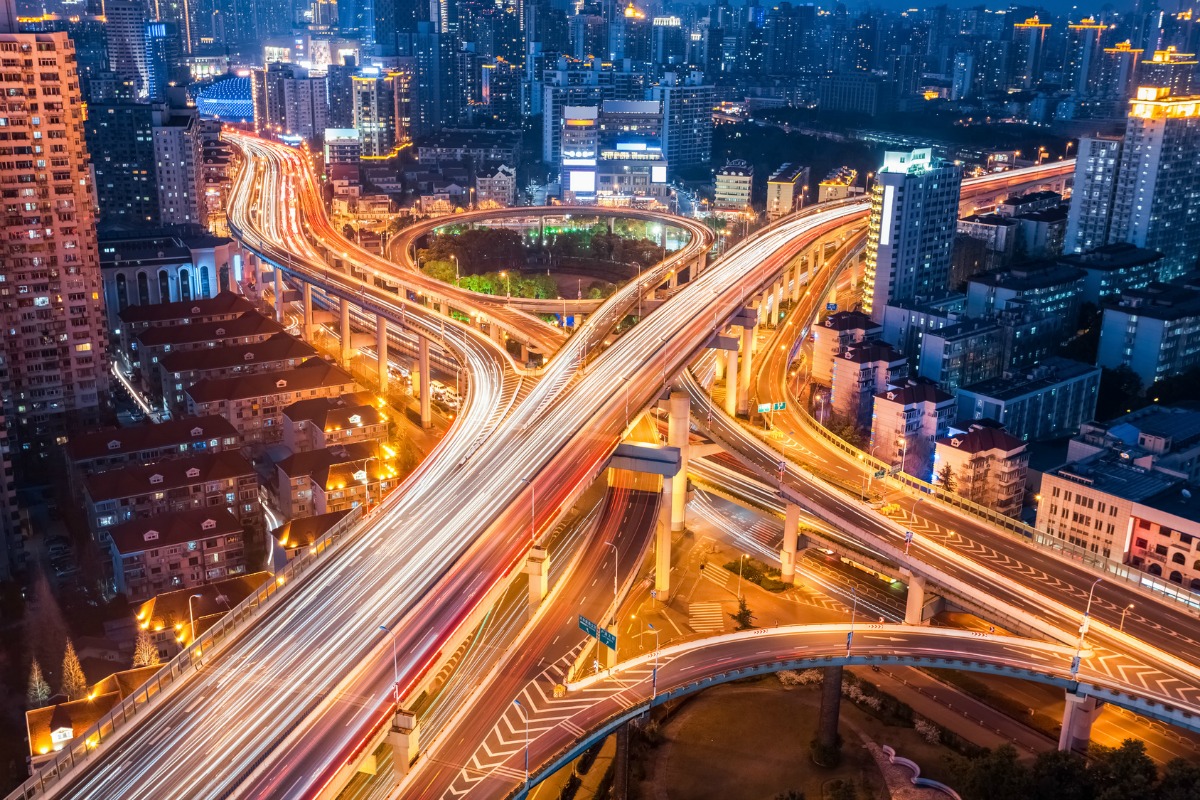The Internet of Things is fast becoming a broader reality, and as it comes to life on a deeper level we’re all coming to more thoroughly understand it. A little over a year ago we posted an infographic depicting how the IoT will change people’s lives. Most of the points we made are still among the most visible and exciting changes coming about as a result of the IoT.
But in the past year a lot has happened with regard to the IoT’s impact on our roads and transportation systems. So here we’re going to specifically look at some of these changes, which have great potential to impact our everyday lives in the very near future.
Your Car Will Drive Itself
Covering some of the exciting IoT technologies that were showcased at CES in January, CNBC stated that self-driving cars are still a few years away. Still, it’s fascinating to see these vehicles being included as very real IoT talking points, rather than treated as near-future concepts that we don’t quite yet understand. The fact of the matter is that the IoT is helping to enable autonomous driving technology by allowing vehicle
sensors to interact with their surrounding environments. In a matter of years, you’ll almost certainly be able to purchase a car capable of driving itself. In fact, Tesla CEO Elon Musk claims that the cars he’s already selling will have that capability via future software updates.
 Your Ride Sharing Will Be Automated
Your Ride Sharing Will Be Automated
It’s also important to recognize that the self-driving phenomenon is not going to be solely limited to cars that we purchase for ourselves. In fact, the biggest impact may be on taxi and ride sharing services like Uber and Lyft. Last fall, an article at Recode carried an alarming declaration by Lyft most of its cars would be driven by robots within five years. This may or may not be an exaggeration or an optimistic timeline, but it speaks to the fact that self-driving vehicles are eventually going to account for a large portion of public transportation and ride sharing options. Again, this is made possible by the IoT and its ability to facilitate autonomous driving.
Trucks Will Be Safer
This is a change that will impact most people in a more indirect manner, but it nevertheless makes for a massive shift in the transportation environment. Trucks operating in fleets on behalf of large companies are already using IoT technologies for purposes of safety and delivery efficiency. A write-up by Telogis explains that by integrating WiFi into these trucks and other delivery vehicles, company managers can essentially gain more comprehensive pictures of their on-road operations. That means engineering quicker and safer routes, monitoring driver behavior, and collecting enough data to reshape operations to maximize safety. This will benefit all of us on the roads, as trucks account for a great deal of traffic and can be involved in some of the nastiest accidents if not operated safely.
Cities Will Run More Smoothly
There’s also a point we touched on with the aforementioned infographic, which is that city transportation will operate much more smoothly once more cities implement IoT systems. Various effects are nicely outlined by Greenbiz, with the summary being that smart traffic management and vehicle tracking will make for optimized driving and walking routes, less congestion, and even easier parking.
Add all this up and you begin to see the picture of a completely altered world where transportation is concerned. And most of the changes sound like they’ll be easy to embrace and could be here sooner than you realize.



